In The Past (set chiefly in the present) four middle-aged siblings spend an eventful summer holiday in the Devon country house vacated by their dead grandparents. When Alice, a failed actress, turns up with an unannounced male guest who’s still at university, her footloose ways vex the others — particularly the youngest, Fran, a harassed teacher with two small children, Ivy and Arthur. Then there’s demure Harriet, the eldest sibling, who needed to grow up fast when their mother Jill died young. Her secret diary shows how far her selflessness edges into repression, not least after she accidentally spies on her brother Roland in bed with his latest wife, a taut Argentinian named Pilar.
An omniscient narrator generates a steady hum of dramatic irony by revealing what each character thinks but can’t or won’t say. The different perspectives are convincing and— no mean feat — the passages from the point of view of small children especially so. Pilar’s presence accelerates the tight-lipped drama of missed opportunities as Harriet finds that the left-wing convictions she forged in her placard-waving youth melt in the company of this real-life daughter of the junta. Ivy and Arthur’s discovery of a maggot-eaten dog and a mouldering stack of pornographic magazines in a ruined cottage is a further catalyst for the finale, which features an explosion and an attempted suicide.
If all ends well, the resolution is served in the manner of a Shakespeare comedy: with a side of doubt. A mid-book rewind to 1968 shows us how Jill left London and her unfaithful husband to move back to Devon with three small children (no Fran yet). A vicar’s daughter with a first-class degree and a taste for Margaret Drabble, Jill fears her mother might say she must stand by her man: ‘Those things don’t mean anything any more, Mum. Women have seen through them.’ It turns out her mother agrees, with a caveat: ‘I think you ought to stay out there in the world, where things are happening. I wouldn’t want to come back here. There’s nothing for you here.’
We realise Jill’s mother must be thinking of some unvoiced disappointment in her own life — a recognition that is all the more painful because we already know her granddaughters have gone out in the world and don’t seem all that much happier for it. The calm surface of this masterful novel doesn’t prepare you for such an uncomfortable assessment of the sexual revolution.
Got something to add? Join the discussion and comment below.
Get 10 issues for just $10
Subscribe to The Spectator Australia today for the next 10 magazine issues, plus full online access, for just $10.
Available from the Spectator Bookshop, £14.99 Tel: 08430 600033
You might disagree with half of it, but you’ll enjoy reading all of it. Try your first month for free, then just $2 a week for the remainder of your first year.

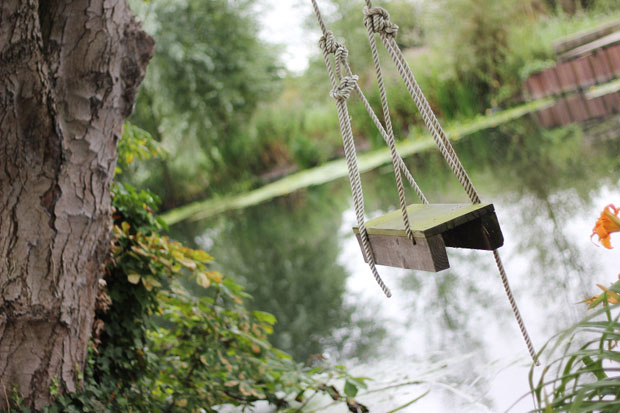
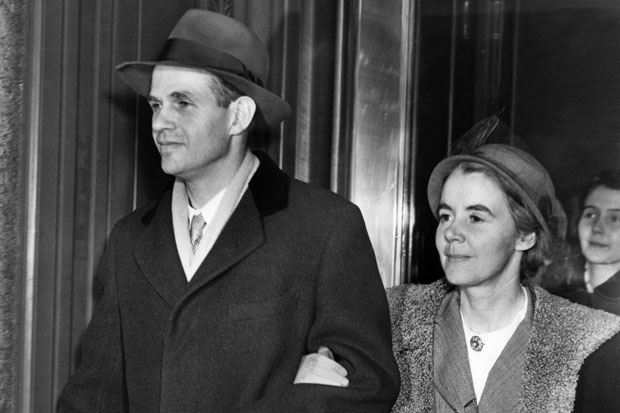
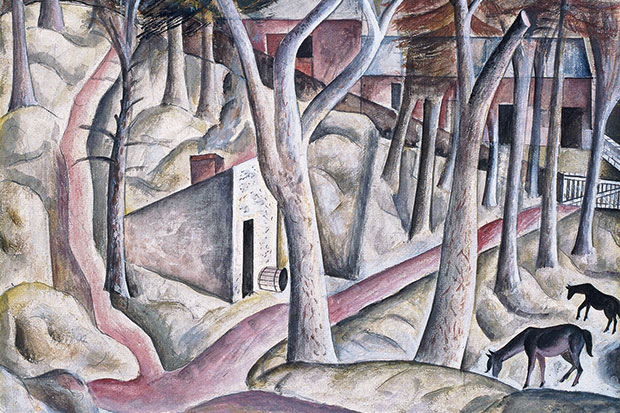
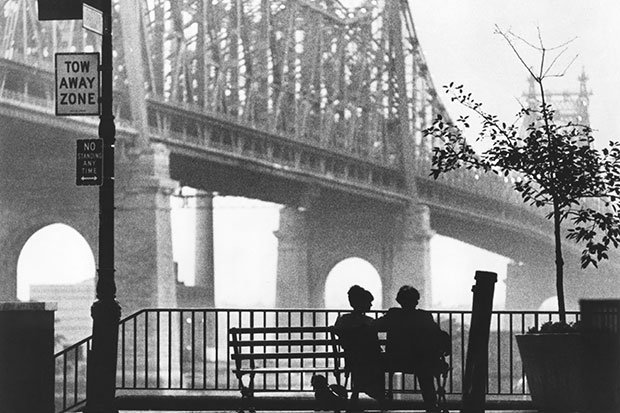
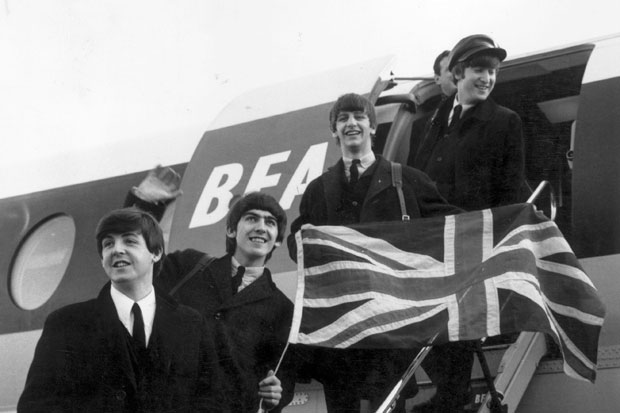

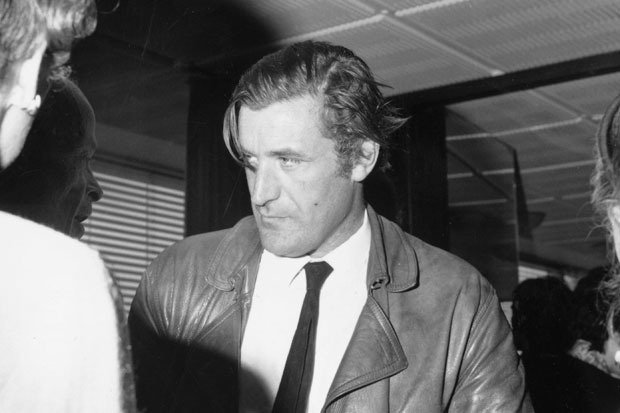






Comments
Don't miss out
Join the conversation with other Spectator Australia readers. Subscribe to leave a comment.
SUBSCRIBEAlready a subscriber? Log in